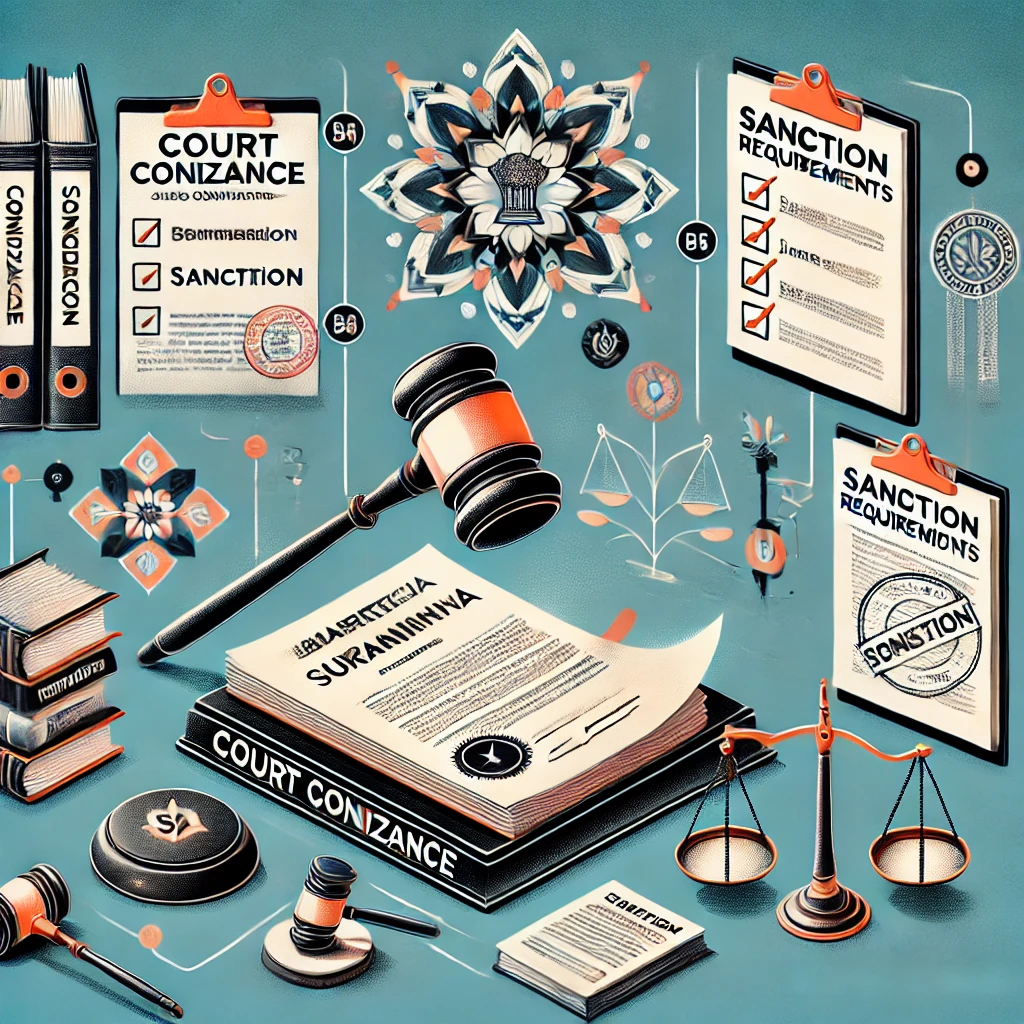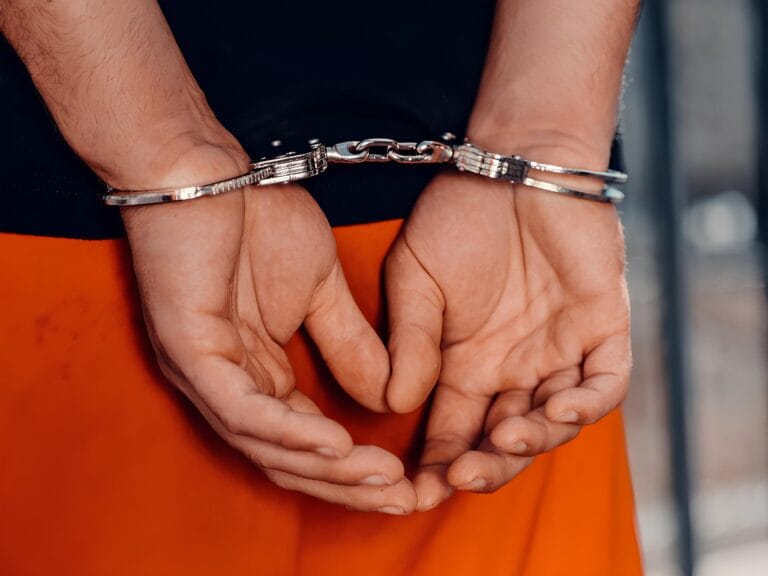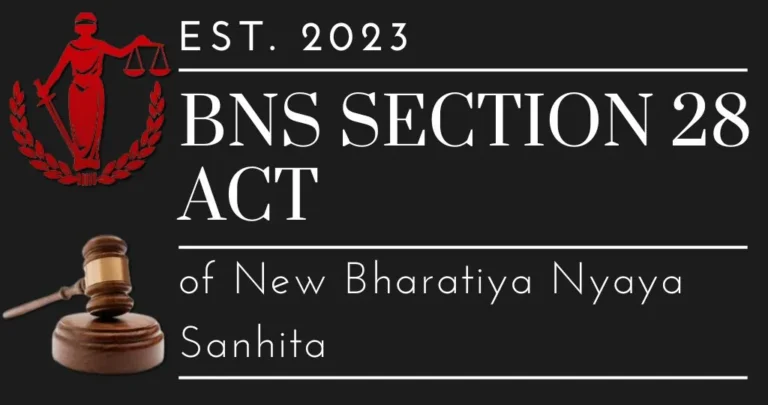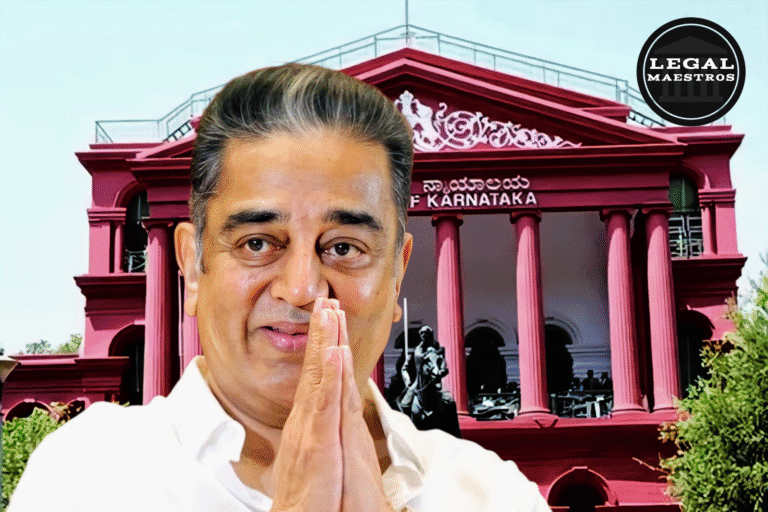
Understanding Court Cognizance and Sanction Requirements under the Bharatiya Nagarik Suraksha Sanhita, 2023
Understanding Court Cognizance and Sanction Requirements under the Bharatiya Nagarik Suraksha Sanhita, 2023
The Bharatiya Nagarik Suraksha Sanhita, 2023 has introduced various amendments in criminal procedure law in place of the antiquated Criminal Procedure Code. Among the most important new areas of regulation in this revised code is in setting out on which conditions a court may take cognizance of an offence. Some offence types are subject to pre-authority from government in order that any legal process against them might commence, keeping track of where and when, ultimately, this occurs.
In this article, we will explain the provisions established in Section 217 of the Sanhita for government sanction requirements for taking cognizance of certain offences, including significant differences from Section 215.
For More Updates & Regular Notes Join Our Whats App Group (https://chat.whatsapp.com/DkucckgAEJbCtXwXr2yIt0) and Telegram Group ( https://t.me/legalmaestroeducators ) contact@legalmaestros.com.
Section 217(1): Cognizance of Offences Requiring Government Sanction
This section puts a restraint on courts from proceeding with cognizance of some offences without previous sanction of the Central Government or the State Government. Offences specified under this section are the ones enumerated in:
Chapter VII of the Bharatiya Nyaya Sanhita, 2023 (offences in relation to public tranquillity such as riots, unlawful assemblies).
Section 196, dealing with the use of false evidence in judicial proceedings.
Section 299, dealing with culpable homicide not amounting to murder.
Section 353(1), relating to assault or criminal force with intent to obstruct a public servant in the discharge of his duty.
Apart from these offences, criminal conspiracy to commit these offences (under Section 120B of the Bharatiya Nyaya Sanhita) or abetment as defined in Section 47 (punishment for abetment of an offence) also need government sanction in advance.
For More Updates & Regular Notes Join Our Whats App Group (https://chat.whatsapp.com/DkucckgAEJbCtXwXr2yIt0) and Telegram Group ( https://t.me/legalmaestroeducators )
Example: If a crowd of individuals commits a riot (an offence under Chapter VII), the court cannot take cognizance of the offence or prosecute the offenders unless sanction is given by the State Government or Central Government.
Section 217(2): Other Offences for which Government or District Magistrate’s Sanction is Required
Section 217(2) enlarges the list of offenses for which cognizance may not be taken except with sanction. The offenses under Section 197, dealing with prosecution of public servants for acts done by them in official capacity, and Section 353(2) and (3) (assault or criminal force to a public servant) are specifically referred to.
Either the Central Government, the State Government, or the District Magistrate can issue sanction for such offenses.
Example: If a public official is charged with using excessive force in dispersing a mob (an offence under Section 353), the court cannot take cognizance unless it is allowed by the District Magistrate or State Government.
Section 217(3): Cases of Conspiracy Which Need Consent
In the case of criminal conspiracy under Section 61(2) of the Bharatiya Nyaya Sanhita, 2023, relating to conspiracies to commit grave offenses, the court cannot take cognizance unless there is written permission from the State Government or the District Magistrate. The only exception in this case is where the conspiracy pertains to an offence punishable with death, life imprisonment, or rigorous imprisonment for two years or more—no permission is needed in such a case.
But there is a proviso: if the conspiracy is within the provisions of Section 215, then there is no requirement of consent. Section 215 pertains to offenses for the act of public servants and judicial proceedings, and these have a separate process for taking cognizance.
Example: Where a group is charged with conspiracy to commit a robbery (punishable under Section 61(2)), the court cannot proceed unless the District Magistrate gives sanction for the initiation of legal proceedings.
Section 217(4): Preliminary Investigation Before Granting Sanction
Prior to sanction under subsections (1), (2), or (3), the government or District Magistrate may, in exercise of discretion, direct a preliminary investigation. This investigation shall be made by a police officer not inferior in rank to an Inspector. The investigating officer shall possess the same powers as are conferred under Section 174(3), relating to police powers in course of inquiry and investigation.
Example: If the State Government is in doubt whether to accord sanction for prosecuting a public servant under Section 197, they can direct a preliminary investigation by an Inspector-level officer to ascertain the merit of the case.
Section 215 vs. Section 217: Major Differences
Although both Section 215 and Section 217 concern limitations on the court’s power to take cognizance without permission, there are significant differences between them:
Section 215 lays down specifically the necessity of a written complaint from a public servant or court officer prior to the taking of cognizance for offences committed by public servants or in relation to judicial proceedings. The point here is essentially on who can present the complaint.
Example: If a government official is alleged to have abused public funds (an offence under Section 209 of the Bharatiya Nyaya Sanhita), the court can only take cognizance when there is a written complaint by a senior official in the public servant’s department.
Section 217, however, deals with government sanction for the court to take cognizance of certain offences, such as conspiracy and abetment. This section is more extensive in scope as it covers not only public servants but also other persons who commit serious offences.
Example: In case a criminal conspiracy is detected involving the commission of a crime such as culpable homicide, the court will require government sanction to take cognizance of the case.
Conclusion
The Bharatiya Nagarik Suraksha Sanhita, 2023 has brought in clear instructions regarding when courts may take cognizance of offences and the need for advance sanctions from the government. The provisions make sure that certain sensitive cases, including those against public servants and major criminal conspiracies, are vetted by superior authorities before legal proceedings are initiated. Sections 215 and 217 complement each other to protect the process, with Section 215 insisting on written complaints and Section 217 insisting on government approval.
Through these provisions, the Sanhita seeks to strike a balance between accountability and protection for public servants and officials so that baseless or frivolous complaints do not give rise to unwarranted legal proceedings.






